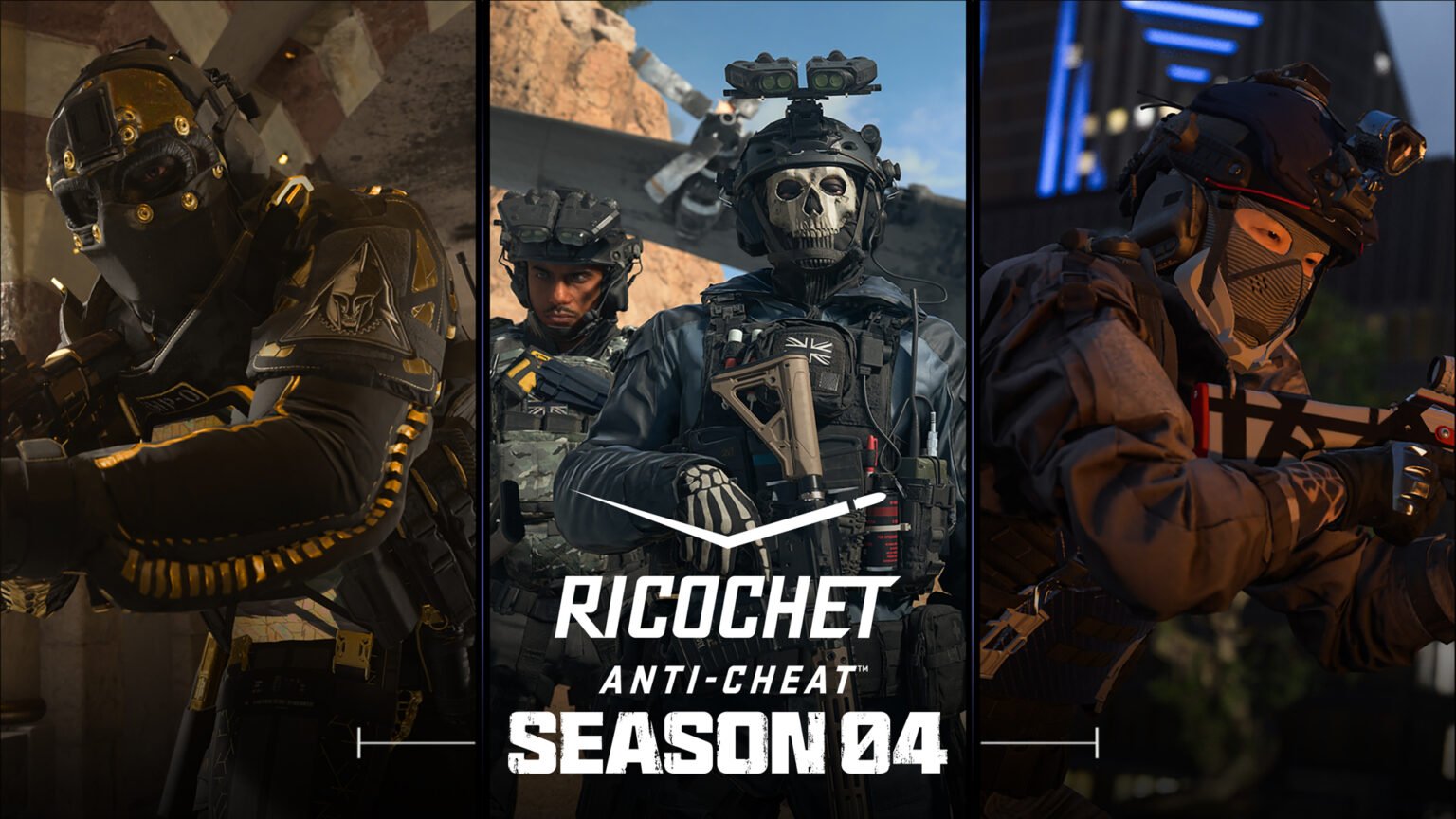Cheating has been a persistent plague in the gaming industry, particularly within the competitive realm of first-person shooters (FPS). The Call of Duty franchise stands as a prime example of this, with a seemingly endless battle against hackers undermining the integrity of its titles. Since the launch of Call of Duty: Warzone in 2020, the widespread use of aimbots, wallhacks, and other illicit modifications has created an environment where frustration often outweighs fair play. The situation has driven numerous legitimate players to abandon the game entirely.

The Rise and Limitations of Ricochet
Developer Blizzard Entertainment stepped up with Ricochet, a proprietary anti-cheat system tailored for Call of Duty. Initially, Ricochet demonstrated significant success, employing novel tactics to detect and punish offenders. Unfortunately, as technology evolves, cheat developers are relentlessly adapting. The recent emergence of software specifically designed to evade Ricochet has turned the tide once again.
A Step Ahead: How Hackers Bypass Detection

Hackers have gained an unsettling advantage by reverse-engineering the core mechanics of Ricochet. This anti-cheat software functions by periodically taking snapshots of gameplay to identify anomalies. The newly-developed countermeasure allows cheats to detect when a Ricochet snapshot is imminent. Cheats then temporarily disable themselves for a fraction of a second, restarting immediately after the scan concludes, effectively masking their presence.
The Fallout: Frustration and Uncertainty
This sophisticated circumvention of Ricochet is emboldening cheaters across Call of Duty titles, leaving honest players demoralized and questioning the future of the franchise. Although Activision Blizzard is acutely aware of the problem, they’ve yet to offer a public response addressing the growing sophistication of cheating methods. The gaming community eagerly awaits a solution to restore balance.
The Ongoing Battle
The struggle between game developers and hackers is an enduring arms race. Hackers are driven by both potential profits and a twisted sense of power from spoiling the experience for others. On the defensive side, anti-cheat systems require constant updates and refinements to keep pace with the relentless ingenuity of the cheating community. It’s a complex battleground with no easy victories.

The Need for Adaptive Solutions
Reactive measures alone will likely never stamp out the problem of cheating. Game publishers need to consider proactive approaches, including:
- Machine Learning Anti-Cheat: Employing AI-powered systems that analyze gameplay patterns to identify suspicious behavior, even if that behavior doesn’t perfectly match known cheat signatures.
- Hardware-level Bans: Targeting the specific computers used for cheating, making it more difficult to create new accounts and return.
- Community Reporting Systems: Empowering players with robust reporting tools and prioritizing reviews from trusted community members.
Conclusion
The fight against game hackers is far from over. The situation surrounding Call of Duty highlights the dire need for continuous innovation and adaptability in anti-cheat technology to safeguard the enjoyment of legitimate players. Until developers can truly gain the upper hand, the future of fair competition in online gaming remains uncertain.
See more information in the Game News section here.













